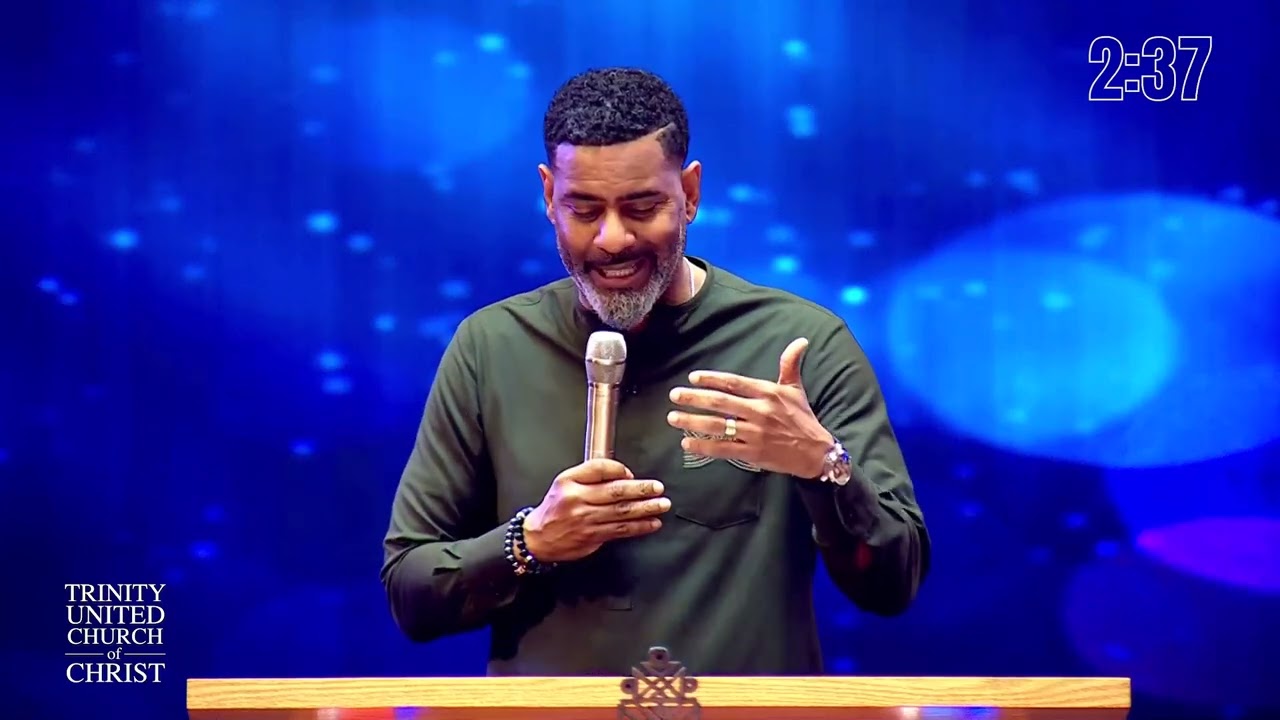The emergence of a powerful Pan-Africanist movement, centered around the Alliance of Sahel States (AES) and its visionary leaders.
The Alliance of Sahel States: A New Vision for Africa
The AES, comprising Burkina Faso, Mali, and Niger, is at the forefront of this movement. Led by Burkina Faso’s young and dynamic leader, Ibrahim Traoré, the alliance embodies the spirit of Thomas Sankara’s dream for a united and sovereign Africa [00:31].
Key actions undertaken by the AES to assert their sovereignty and African identity include:
- Expelling French Military Forces: Asserting their independence by removing foreign military presence [01:24].
- Reclaiming African Identity: Renaming streets with African names, replacing colonial symbols with indigenous ones [01:34].
- Promoting African Culture: Mandating traditional African attire for officials and students, emphasizing cultural pride [01:46].
A Continent Rising: Key Developments Across Africa
Beyond the Sahel, a wave of change is sweeping across the continent, with nations taking decisive steps to reclaim their resources and assert their independence:
- Rwanda: Leading the way in environmental consciousness by banning plastics and promoting health by outlawing skin-lightening creams [02:46].
- Ghana: Empowering its citizens by banning foreign involvement in gold trading, reclaiming control of its mines, and welcoming the diaspora with dual citizenship [02:55].
- Pan-African Citizenship Initiatives: Countries like Nigeria, Gabon, Ivory Coast, Zimbabwe, Kenya, and Benin are opening pathways to citizenship for people of African descent, fostering a sense of belonging and unity [03:10].
A Call to the Diaspora: Building Bridges and Investing in the Future
A compelling call to people of African descent, particularly African-Americans, to forge stronger connections with the continent. It emphasizes the importance of:
- Building Relationships: Establishing cultural, social, and economic ties with African nations.
- Exploring the Motherland: Traveling to and experiencing the richness and diversity of the continent.
- Investing in Africa’s Future: Recognizing that a prosperous Africa is in the best interest of the entire diaspora.
- Acknowledging Africa’s contribution to the world: Highlighting Africa’s profound influence on civilization, art, architecture, mathematics, medicine, philosophy, and faith [03:56]
Pastor Otis Moss, III concludes with a powerful projection: by 2075, half the world’s population will be African. This underscores the urgency and importance of engaging with Africa’s rise and recognizing its central role in the future of the world.

Leave a Reply